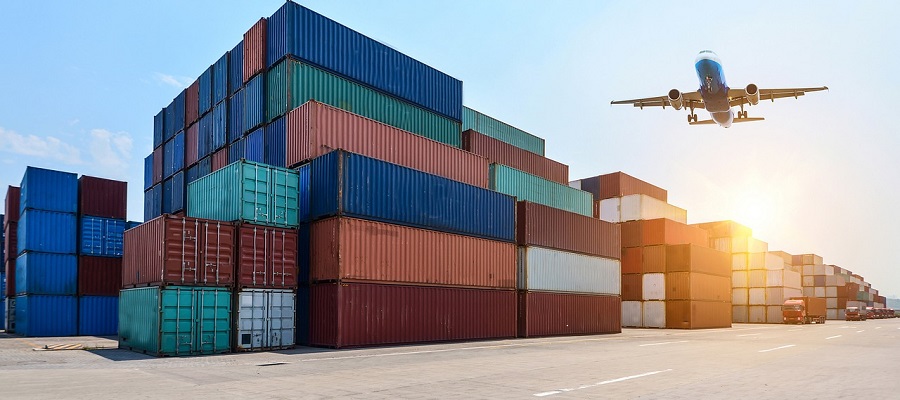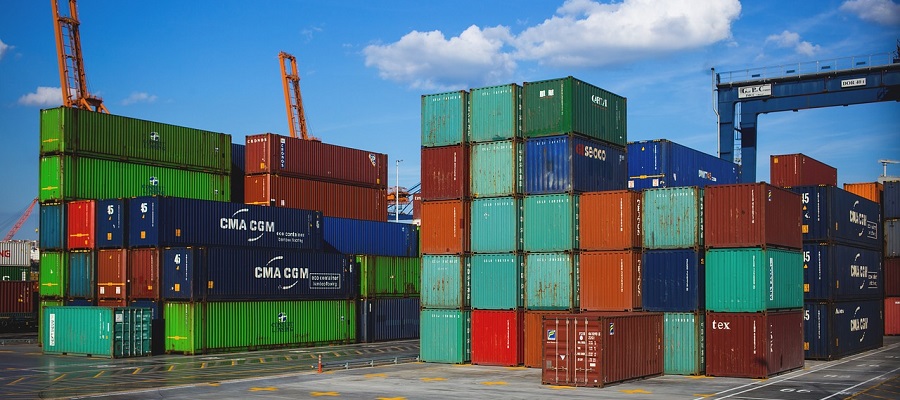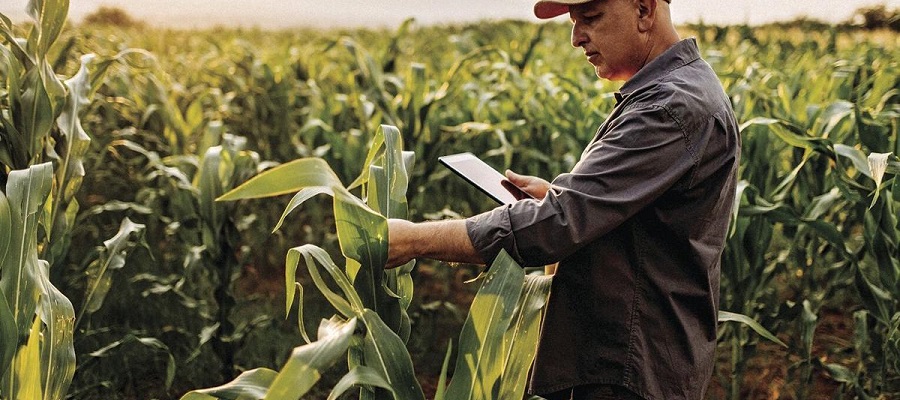From oils to fish and fruit to eggs - Many countries dependent on imports from abroad for a number of agricultural raw materials and products. The reason: these are either not available domestically or there are too few of them.
In order to be able to offer food in the usual quantity, quality and variety, the food industry often has to rely on upstream supplies of raw materials from abroad. This applies not only to tropical fruits or exotic spices, but also to goods that can be found in virtually every household. Some agricultural products and semi-finished goods for the fresh market and for further processing also have to be imported. Cocoa or coffee are just as much a part of this as hazelnuts, rice or fish.
Food industry needs first-class raw materials
For manufacturers of food and beverages, the availability of safe and qualitative raw materials is essential. In addition to sufficient quantity, a number of other factors play a role in raw material purchasing. These include quality, price, timing, logistics, and international networking. The food industry is the largest buyer of domestic agricultural goods. "However, a one hundred percent supply throughout the year of quality raw materials is currently only available for a few products - such as cow's milk, certain types of meat or sugar," explains Josef Domschitz from the Food Industry Association.
What are agricultural raw materials?
Agricultural commodities are raw materials that come from agricultural production. They are primarily used in the production of food and luxury foodstuffs. Examples include meat, milk, eggs, cereals, fruit and vegetables. But oil plants such as rapeseed and soybeans and the oils extracted from them, cocoa and coffee, rice, herbs and spices are also important raw materials.
Why agricultural raw materials have to be imported from abroad
As a rule, more plant and animal raw materials for food and beverages are imported than exported. The reason is that many plant products do not thrive in this country; on the other hand, many domestic goods are not available in sufficient quantity or quality for food production.
Agricultural land is a generally scarce commodity and - especially in countries like Austria with its alpine landscape - competes with forest, residential and commercial land. In order to ensure the supply of our country, agricultural raw materials must therefore - as in many other industrialized countries - be procured or purchased on international markets in addition to the supply on the domestic market. This includes missing quantities and qualities of domestic agricultural goods - such as grain, meat, eggs, butter, fruit or vegetables - as well as agricultural raw materials that do not grow in countries like Switzerland, England, Germany - such as cocoa, hazelnuts, tropical fruits, spices, tea or coffee. Currently, goods are imported from more than 180 countries around the world, according to Statistik Austria.
Agricultural raw materials are also sourced from other markets due to crop failures (for example, due to frost, drought or hail), to utilize production sites to capacity or to be internationally competitive. Agricultural goods are also exported to other countries. In addition, the world population is growing and purchasing power is increasing, especially in emerging countries. This increases the demand for food and feed internationally and leads to a fluctuating supply of raw materials.


